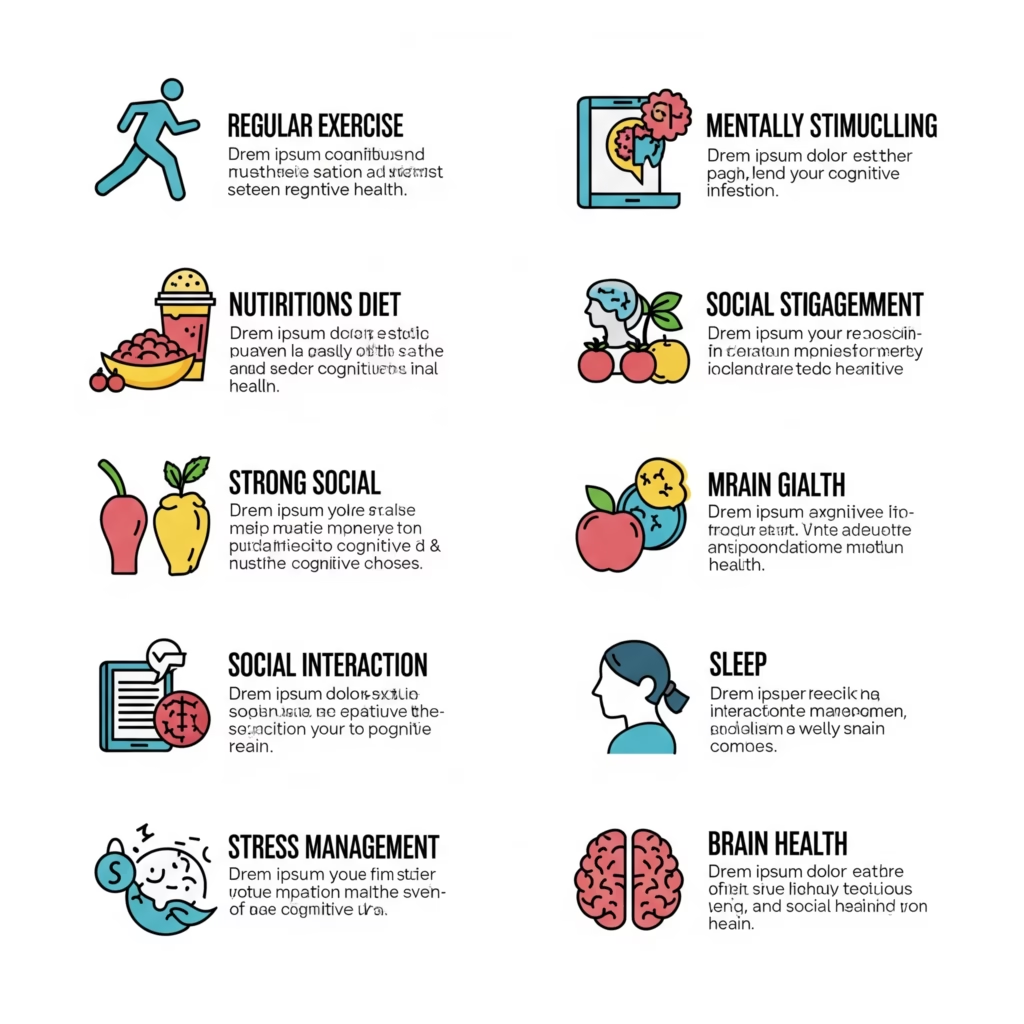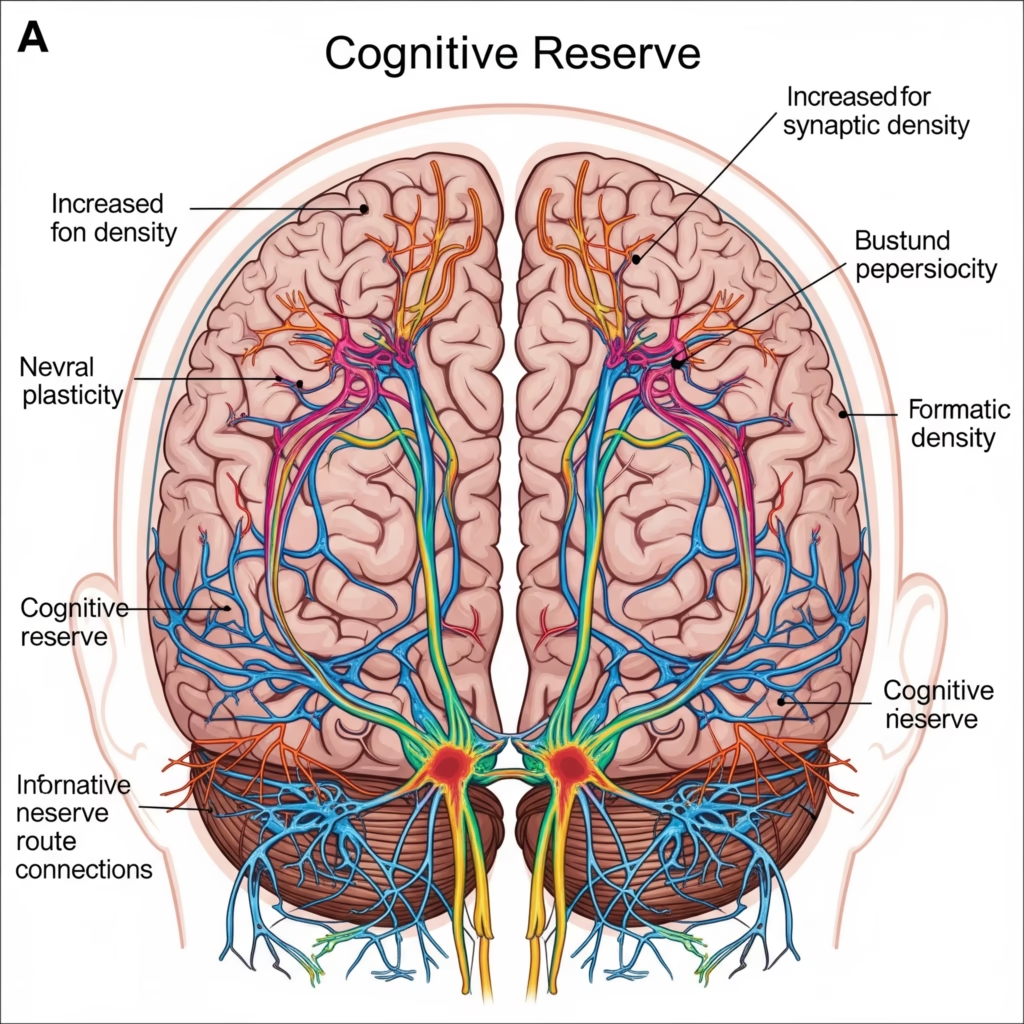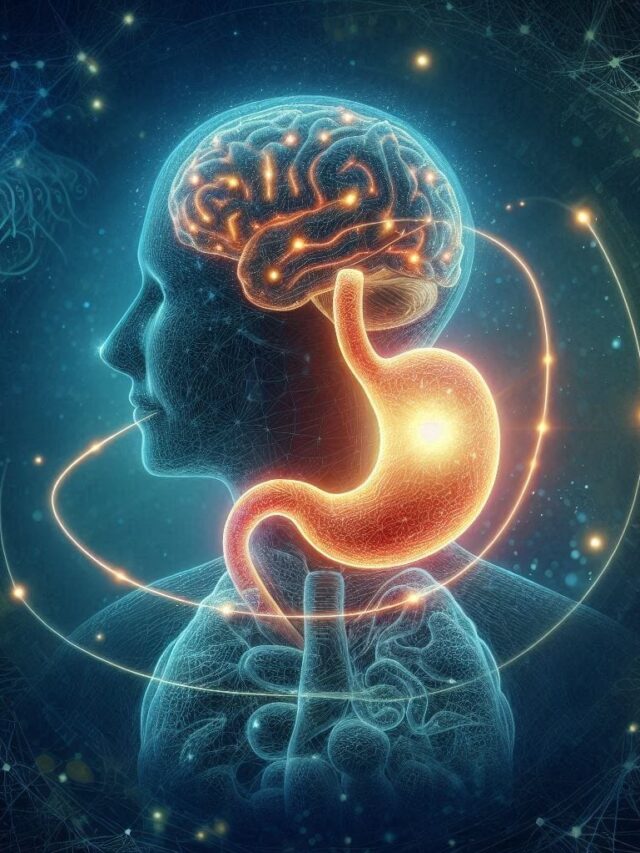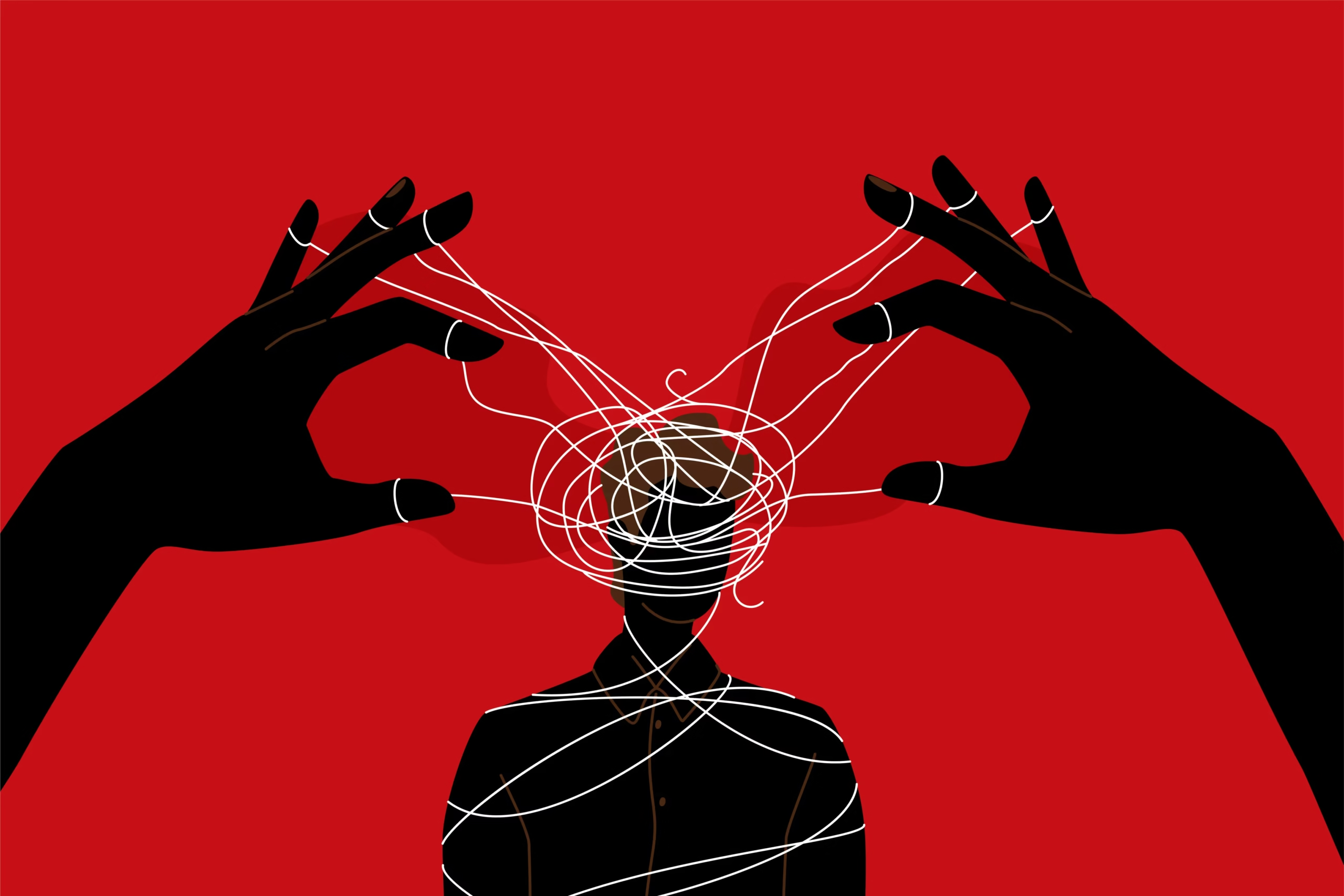The Curious Case of Taxi and Ambulance Drivers
A recent study analyzing nearly 9 million U.S. death certificates from 2020 to 2022 found that taxi drivers and ambulance drivers had significantly lower rates of Alzheimer’s-related deaths compared to other professions. Specifically, only 1.03% of taxi drivers and 0.91% of ambulance drivers had Alzheimer’s listed as a cause of death, compared to 1.69% in the general population .
Navigating the Brain: The Role of Spatial Tasks

These professions require constant real-time navigation and spatial decision-making. Such tasks engage the hippocampus, a brain region critical for memory and one of the first areas affected by Alzheimer’s disease. Studies have shown that London taxi drivers, who must memorize complex city layouts, exhibit structural changes in the hippocampus, suggesting that regular spatial navigation may enhance cognitive resilience .
Cognitive Reserve: Building Brain Resilience

The concept of cognitive reserve refers to the brain’s ability to improvise and find alternative ways of completing tasks when faced with challenges. Engaging in mentally stimulating activities, such as those required in taxi and ambulance driving, may build this reserve, potentially delaying the onset or reducing the severity of dementia symptoms .
Limitations and Considerations

While the findings are intriguing, it’s important to consider potential confounding factors. For instance, the average age at death for taxi and ambulance drivers in the study was between 64 and 67 years, whereas for other occupations it was around 74 years. Since Alzheimer’s typically develops after age 65, it’s possible that these drivers might have developed the disease if they had lived longer
Broader Implications: Mental Stimulation Beyond the Workplace

The protective effects observed in these professions highlight the importance of mental stimulation in daily life. Engaging in activities that challenge the brain—such as learning new skills, playing musical instruments, or solving puzzles—can contribute to cognitive health. Moreover, maintaining physical activity, a healthy diet, and social connections are all associated with reduced risk of cognitive decline .






